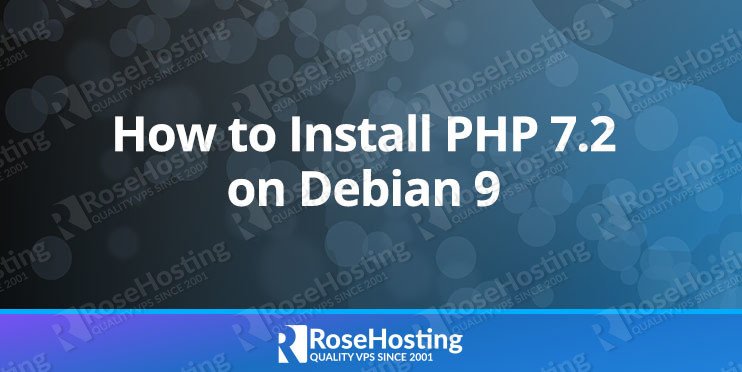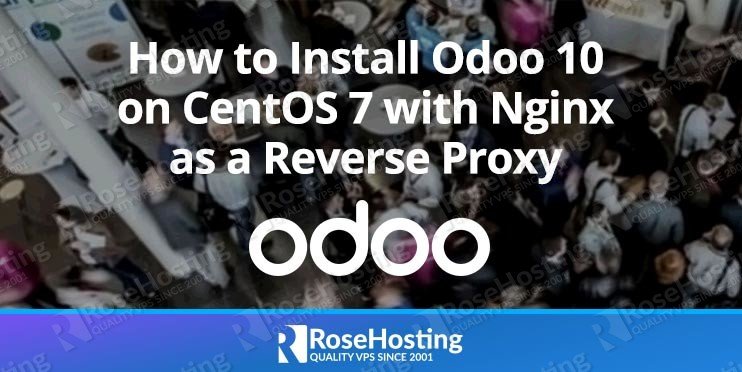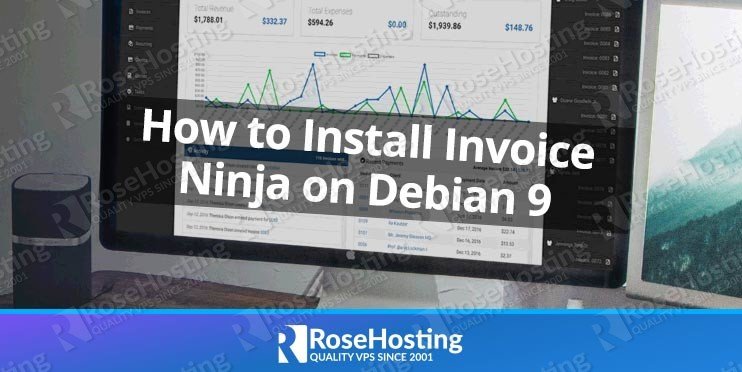Operating systems all now provide support for almost all languages and locales. Due to the widespread use of servers and computers all over the world, creating support for languages other than English was inevitable. Whether it’s for personal or professional use, millions of people need their computers or servers to provide output in a language they can understand, or in units that are relevant to their region.
Language-specific aspects of the server include being able to display language-specific characters, date and time formats specific to the region, and any other formatting changes, such as conventions/standards used for numbers and units.







